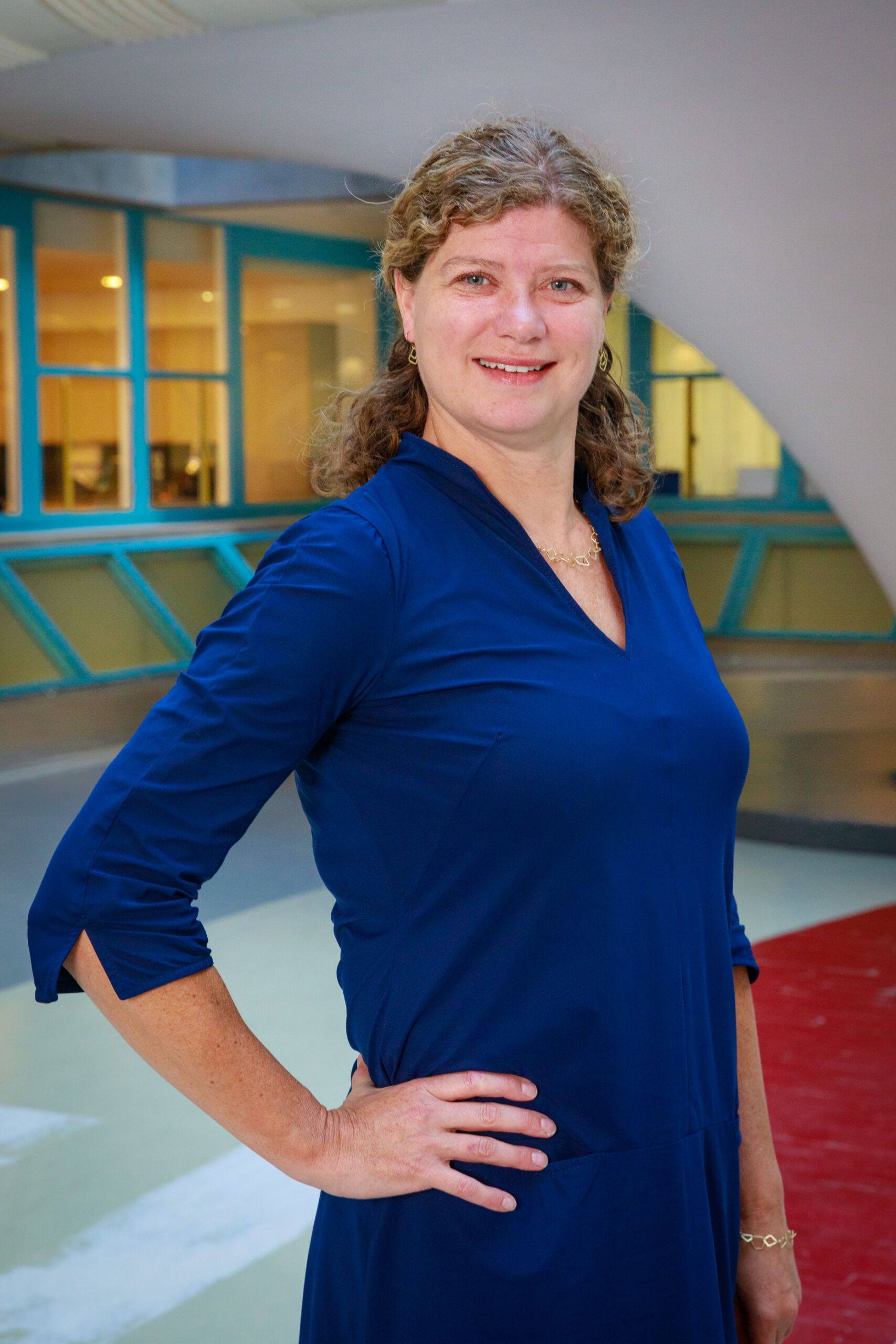
Rethinking Alzheimer’s disease: Cross-roads in the earlier detection and diagnosis of Alzheimer’s | 36th Global Conference of Alzheimer’s Disease International
24.04.2024 - 26.04.2024
EBC is pleased to hold a poster presentation “Rethinking Alzheimer’s disease: Cross-roads in the earlier detection and diagnosis of Alzheimer’s” at the upcoming 36th Global Conference of Alzheimer’s Disease International. The Conference will take place from 24-26 April 2024 in Krakow (Poland). The poster will be presented by Charlotte Teunissen, Professor in Neurochemistry, Chair of the Neurochemistry lab (Amsterdam UMC) and one of the experts involved in the Rethinking Alzheimer’s disease project.
Alzheimer’s disease (AD), the most common form of dementia, is a progressive and debilitating neurodegenerative condition which robs people of their memory, their independence, their relationships and, ultimately, their lives. It affects close to 7 million people in the European Union (EU) alone.
The detection and diagnosis of AD relies on a system that remains focused on the late stage of the disease, despite a better understanding of the disease progression. Clinical practice and healthcare systems’ readiness to detect, diagnose and treat the disease effectively are still lagging. The use of biomarkers (cerebrospinal fluid tests (CSF) and positron emission tomography scans (PET)), which are central to a diagnostic assessment for people with AD symptoms, as well as relevant diagnostic facilities are under-utilised. PET imaging is expensive and of limited availability, and CSF sampling may be considered invasive.
The European Brain Council’s ‘Rethinking Alzheimer’s disease: Detection and diagnosis’ White Paper has looked at the barriers to early diagnosis and how the healthcare systems infrastructure for detection and diagnosis of AD need to be transformed in order for people with AD to benefit from innovative solutions once they become approved for use. The Rethinking Schizophrenia project falls under the Rethinking the management of brain disorders series, research-driven projects offering policy recommendations to make tangible changes with the aim to improve the lives of people living with brain disorders, neurological and mental alike, across Europe. More details about the outcomes of the Rethinking Alzheimer’s disease project can be found in this article.
Speaker

Charlotte Teunissen
Professor in Neurochemistry, Chair of the Neurochemistry lab, Amsterdam UMC.
Charlotte Teunissen’s drive is to improve care of patients with neurological diseases by developing body fluid biomarkers for diagnosis, stratification, prognosis and monitoring treatment responses. Studies of her research group span the entire spectrum of biomarker development, starting with biomarker identification, often by –omics methods, followed by biomarker assay development and analytical validation, and lastly, extensive clinical validation and implementation of novel biomarkers in clinical practice.
She has extensive expertise with assay development on state of the art technologies, such as mass spectrometry and antibody-based arrays for biomarker discovery, ultrasensitive immunoassays, and in in implementation of vitro diagnostic technologies for clinical routine lab analysis. She is responsible for the large well-characterised biobank of the Amsterdam Dementia cohort, containing >6000 paired CSF and serum samples of individuals visiting the memory clinical of the Alzheimer Center Amsterdam (a.o. controls, patients with Alzheimer, Frontotemporal, Lewy Bodies).To ensure the quality of the biosamples, the group studies pre-analytical effects, which are key to implementation. Charlotte is leading several collaborative international biomarkernetworks, such as the Society for Neurochemistry and routine CSF analysis and the Alzheimer Association-Global Biomarker Standardization and Blood Based Biomarkers and the Body fluid Biomarkers PIA, , and the recently founded Coral proteomics consortium. She is the coordinator of the Marie Curie MIRIADE project, aiming to train 15 novel researchers into innovative strategies to develop dementia biomarkers (10 academic centers + 10 non-academic centers), and the JPND bPRIDE project, that aims to develop targeted blood based biomarker panels for early differential diagnoses of specific dementias and is a collaborative project between 7 European and 1 Australian centers.

